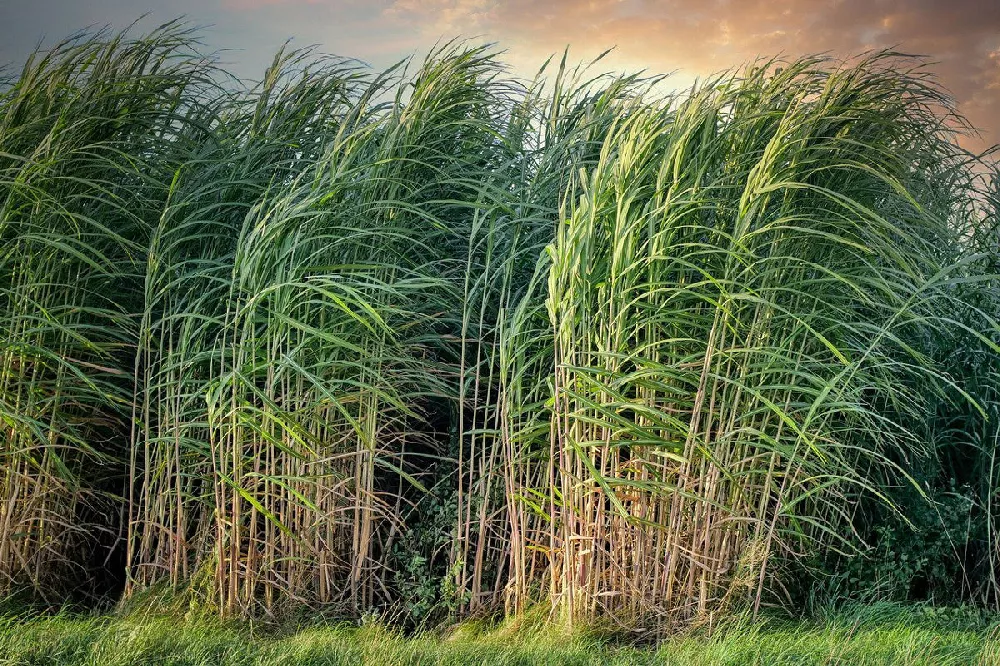From Field to Table: The Journey of Sugar and Cane
From Field to Table: The Journey of Sugar and Cane
Blog Article
Why Walking Cane Sugar Processing Chemicals Are Critical for Modern Sugar Refining
The function of cane sugar processing chemicals in modern-day sugar refining can not be overemphasized, as they are integral to enhancing both the effectiveness of removal and the total quality of the last product. Agents such as phosphoric acid and particular flocculants are utilized to remove impurities, resulting in sugar that not only fulfills consumer assumptions but additionally adheres to sector standards.
Role of Processing Chemicals
The efficacy of walking cane sugar handling pivots significantly on the calculated application of handling chemicals. These chemicals play a pivotal duty in enhancing the performance and high quality of sugar removal and refining. From the preliminary stages of juice removal to the final purification actions, handling chemicals promote different vital procedures.
In the extraction phase, chemicals such as phosphoric acid and calcium hydroxide are used to optimize the information process, assisting to eliminate pollutants and suspended solids from the walking cane juice. This not only enhances the return but also ensures the quality of the last product. Furthermore, representatives like flocculants help in the quick settling of impurities, therefore enhancing the general process.
Triggered carbon and ion exchange materials serve to remove shade and odor, making sure that the polished sugar satisfies consumer top quality standards. Therefore, the thorough choice and application of these chemicals are crucial for accomplishing ideal results in walking stick sugar processing.
Secret Kinds of Chemicals
Walking cane sugar processing depends on a variety of essential chemicals that promote each phase of manufacturing. These chemicals play vital duties in making clear, lightening, and purifying the sugar removed from walking cane.
One key category of chemicals includes flocculants, such as polyacrylamide, which aid in the explanation procedure by advertising the gathering and settling of contaminations. In addition, calcium hydroxide is often used to counteract level of acidity and aid in the removal of non-sugar elements.
Lightening agents, such as triggered carbon and sulfur dioxide, are used to decolorize the syrup, leading to a clearer final item. These chemicals aid remove shade substances that may affect the sugar's look and bankability.
In addition, phosphoric acid functions as a pH regulator during the handling phases, making certain ideal problems for the enzymatic activities associated with sugar removal and purification.
Other important agents include edta (ethylenediaminetetraacetic acid), which chelates steel ions that could militarize unfavorable reactions, and sodium hydroxide, which assists in pH control throughout the refining procedure. Collectively, these chemicals boost effectiveness and make sure a high-quality walking cane sugar product.
Benefits for Sugar Quality
Typically overlooked, making use of certain handling chemicals substantially improves the total high quality of cane sugar. These chemicals play a critical role in refining procedures, making sure that the last product satisfies strict sector standards for pureness and preference.

Additionally, processing chemicals help in accomplishing a regular granulation and appearance, which are critical for consumer approval. By managing the formation procedure, these chemicals make sure that the sugar crystals develop uniformly, causing a much more attractive product that liquifies well in numerous applications.
Additionally, the usage of these chemicals can enhance the service life of walking cane sugar by decreasing dampness absorption and microbial development. Generally, the tactical application of handling chemicals is crucial for supplying top quality cane sugar that fulfills consumer assumptions and market demands.
Ecological Effect Considerations

Additionally, the energy-intensive nature of sugar refining, worsened by chemical usage, often causes increased carbon discharges. This adds to climate change and increases issues regarding the sustainability of present refining methods. Furthermore, the sourcing of these chemicals might include methods that endanger biodiversity, such as monoculture farming, which reduces the strength of agricultural environments.

To mitigate these impacts, sugar refiners are increasingly checking out sustainable options and embracing finest methods that reduce chemical usage. Applying strenuous ecological administration systems can assist make sure that the refining process aligns with ecological criteria and advertises biodiversity. Eventually, a well balanced approach that prioritizes both sugar top quality and environmental stewardship is essential for the long-lasting practicality of the sugar market.
Future Fads in Refining
As the sugar industry faces the environmental challenges connected with typical refining approaches, cutting-edge techniques are arising to improve both efficiency and sustainability. One substantial trend is the adoption of eco-friendly chemistry principles, which prioritize making use of non-toxic, naturally degradable handling chemicals. This shift not just minimizes environmental impact yet likewise addresses customer need for cleaner manufacturing methods.
An additional appealing advancement is the implementation of advanced purification innovations, such as membrane layer separation and adsorption procedures. These techniques enhance the clarity and high quality of the sugar while reducing the volume of wastewater generated during refining. Furthermore, the assimilation of electronic innovations, including IoT and AI, is transforming functional efficiency by making it possible look at these guys for real-time tracking and anticipating maintenance, therefore decreasing resource waste.
In addition, the usage of spin-offs from sugar refining, such as bagasse and molasses, is getting traction. These materials can be exchanged biofuels or value-added items, contributing to a round economic situation within the industry. Collectively, these fads indicate a shift in the direction of even more sustainable methods that not just boost functional effectiveness yet also line up with international sustainability objectives, guaranteeing the future viability of sugar refining.
Verdict
Walking stick read here sugar handling chemicals are vital in modern-day sugar refining, significantly boosting the effectiveness and quality of sugar removal. The calculated use these chemicals not just boosts the purity and taste of the last item however additionally guarantees consistent condensation and texture. As the industry progressively prioritizes sustainability, the adoption of environmentally-friendly handling agents is most likely to shape future patterns in refining, eventually causing better products and prolonged shelf life for customers.

Ultimately, a well balanced approach that prioritizes both sugar top quality and ecological stewardship is crucial for the lasting viability of the sugar industry.
Cane sugar handling chemicals are crucial in modern-day sugar refining, significantly boosting the efficiency and top quality of sugar extraction.
Report this page